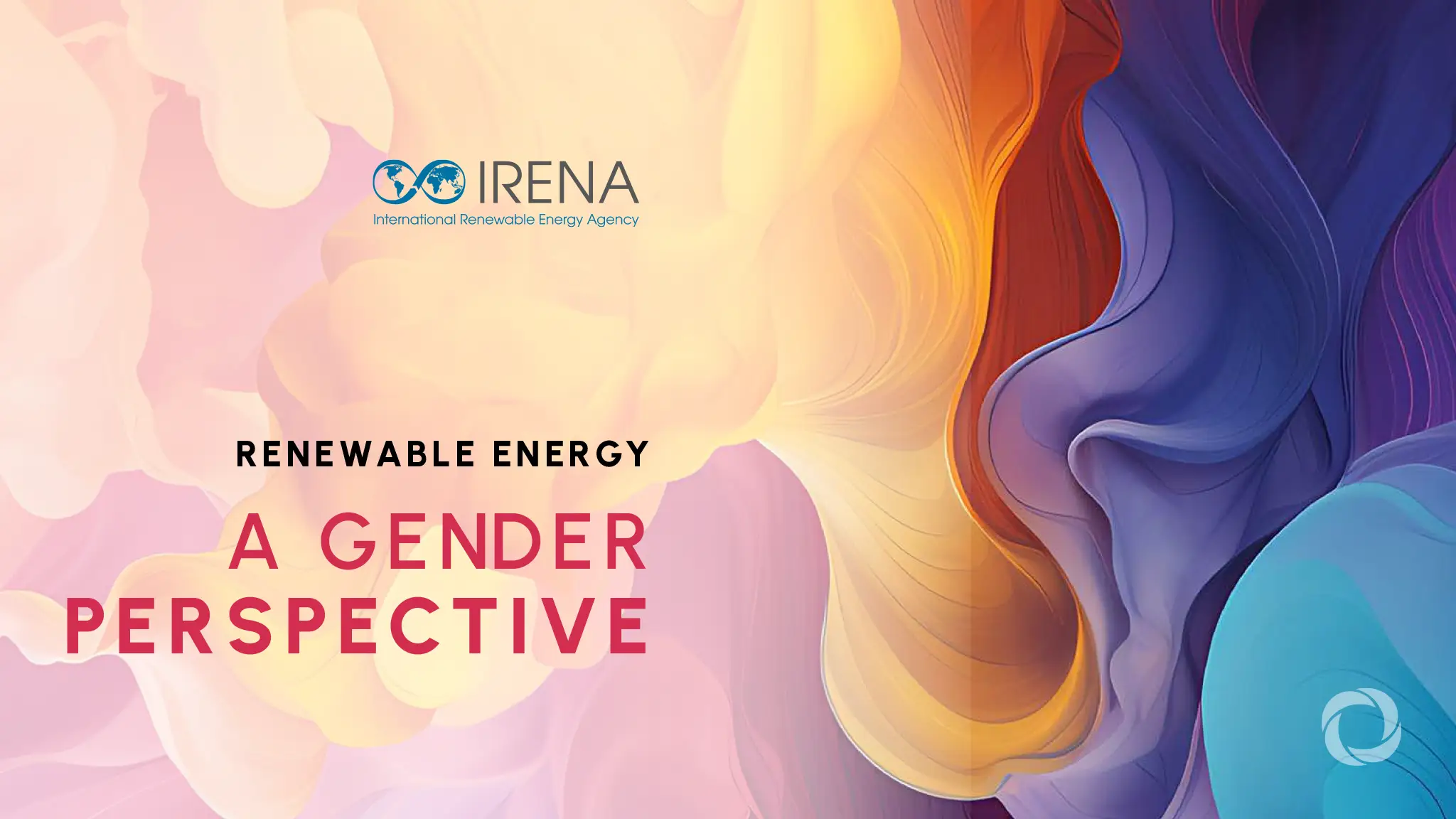Women make up 32% of the renewable energy workforce globally, a better showing than other energy sectors but still below the overall workforce average, the International Renewable Energy Agency (IRENA) revealed in its updated gender report. The figures mask a troubling pattern: female participation drops sharply as jobs get more technical or senior, falling to just 28% in STEM roles, 22% in medium-skilled positions like installation work, and only 19% in senior management or board positions. The renewable energy sector could create 30 million jobs by 2030, making gender balance more than just a fairness issue. IRENA’s second edition report shows that barriers facing women have less to do with skills or interest and more to do with entrenched workplace cultures and organizational practices.
The type of organization makes a huge difference in gender representation across the renewable energy sector. Non-profit and civil society groups achieve 48% female participation, nearly double the 25% average at private companies focused on commercial operations. This gap suggests that company culture and priorities play a major role in whether women advance in clean energy careers. Regional differences appear less important than organizational factors, with similar patterns of under-representation showing up worldwide rather than being concentrated in specific countries or regions.
Despite progress in overall numbers, the renewable energy industry still struggles with the same gender imbalances that plague other technical sectors. Women face obstacles that go beyond individual qualifications or career interests. Traditional workplace cultures, hiring practices, and advancement paths often favor men, especially in engineering, construction, and executive roles. The industry’s rapid growth creates opportunities to build more inclusive workplaces from the ground up, but only if companies and organizations make deliberate choices to change how they operate.
The renewable energy value chain offers diverse opportunities that could appeal to women across different skill sets and career stages. Jobs range from engineering and operations to policy development and community engagement, providing multiple pathways into the sector. But realizing this potential requires more than just posting job openings. Companies need to examine their recruitment strategies, workplace cultures, and advancement opportunities to understand why women aren’t reaching technical and leadership positions at the same rates as men.
IRENA called on governments, private companies, NGOs, trade unions, and educational institutions to work together in dismantling the systemic barriers that limit women’s participation in renewable energy careers. The agency stressed that building a truly inclusive energy transition isn’t just about fairness – it’s about tapping into all available talent as the sector scales up rapidly. With climate goals requiring massive expansion of clean energy infrastructure, the industry can’t afford to overlook half the potential workforce due to outdated organizational practices and cultural assumptions.

